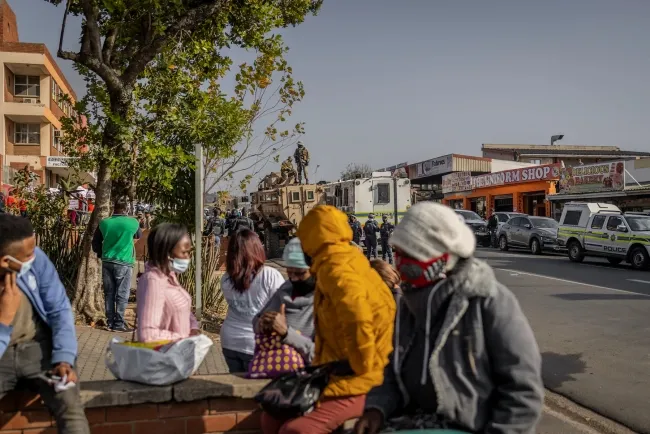Strengthening Ties: Xi Jinping's Southeast Asia Tour Amidst US-China Trade Tensions
Chinese President Xi Jinping embarks on a crucial three-nation tour of Southeast Asia, seeking to bolster regional trade ties in response to escalating trade tensions with the United States.
As trade tensions between the US and China reach a boiling point, Chinese leader Xi Jinping has initiated his first overseas trip of the year, focusing on strengthening industrial and supply chain cooperation with Vietnam. This visit, which includes stops in Malaysia and Cambodia, comes at a time when Beijing aims to fortify its regional trade relationships amidst the backdrop of significant tariffs imposed by the US.
Context of Trade Tensions
In retaliation to US tariffs, China has raised its levies on imports of American goods to 125%. This escalation reflects the ongoing trade war initiated by former US President Donald Trump, which has significantly affected the global economic landscape. In a recent article published in Vietnamese media, Xi emphasized the necessity of enhancing coordination and cooperation through regional initiatives such as East Asia cooperation and the Mekong-Lancang cooperation. He underscored the importance of these efforts in injecting stability into a “chaotic and intertwined world.”
Regional Cooperation Initiatives
During his visit, Xi highlighted the need for collaboration across various sectors, particularly in emerging fields. The Chinese leader aims to engage with ASEAN countries, EU representatives, and major global economies, including Saudi Arabia and South Africa, to counterbalance US influence. By fostering these relationships, Xi hopes to create a united front that can mitigate the effects of US tariffs and promote economic stability in the region.
Vietnam's Strategic Position
In a bid to navigate the complexities of international trade, Vietnam is reportedly preparing to clamp down on Chinese goods that are being funneled through its territory to the US. This move comes as Vietnam seeks to maintain its trade relations with both the US and China, ensuring its economic interests are preserved while adhering to international trade regulations. It reflects a delicate balancing act that Vietnam must perform amid rising geopolitical tensions.
Implications for Global Trade
Xi's emphasis on cooperation signals a broader strategy to strengthen China's position in the region and globally. With protectionism on the rise, the Chinese leader's message that "there are no winners in trade and tariff wars" resonates with many nations that are similarly affected by the shifting dynamics of international trade. His tour is not only a bid to reinforce bilateral ties but also to advocate for a more collaborative approach to global economic challenges.
Conclusion
As Xi Jinping concludes his Southeast Asian tour, the outcomes will likely have lasting implications for regional trade dynamics and international relations. The desire to enhance cooperation amidst rising tariffs and protectionist measures underscores the necessity for countries to work together in a complex global landscape. The future of trade in Southeast Asia may hinge on the ability of nations to navigate these challenges collaboratively, fostering stability and growth in an increasingly intertwined world.
Stay updated on international trade developments and their implications for the global economy by following our coverage.
What's Your Reaction?















